The importance of connecting patients with social resources
In Oregon and Southwest Washington, Kaiser Permanente is helping members with social needs like food, transportation, and housing.
When community health navigator Liliana Herrera Acosta first spoke with Kaiser Permanente member Adriana (not her real name), a 29-year-old mother of 2 young children, Adriana’s cancer had recently spread to her liver and she had decided to postpone her cancer treatment.
“Her family was already facing so many other challenges that she was just overwhelmed,” said Acosta. “They were financially insecure and behind on rent and utility payments. They couldn’t afford child care. Because of transportation issues, she had a hard time making it to appointments.”
Acosta is part of a Kaiser Permanente initiative that started in 2020 with the goal of helping members with social needs like food, transportation, and housing.
Making connections
Through the program, the health team proactively identifies members who need support, and pairs them with a community health navigator who makes weekly check-in calls for 3 months.
The initiative stems from a partnership with the University of Pennsylvania’s Center for Community Health Workers. Kaiser Permanente in the Northwest is using Penn’s IMPaCT model, which leverages community health workers to improve health. Use of the model has been shown to help people reduce hospitalization, increase primary care access, and improve quality of care.
“The goal is to connect patients with resources, but also to give them skills so they can help themselves,” said Sam Burke, a community health navigator at the Kaiser Permanente Rockwood Medical Office in Portland, Oregon.
Burke recently helped a 91-year-old member who wanted to continue living independently, but whose bathroom was in such a state of disrepair she feared she would have to move. Burke connected her with an agency that agreed to provide funding and labor for the repairs.
Screenings, social services, and more
The program is one part of a comprehensive Kaiser Permanente social health strategy in the Northwest that also includes screening for social health needs during patient visits, using Connect Oregon and Unite Washington to make referrals to — and build a network of — social service agencies, and designed to increase the availability of much-needed resources like affordable housing.
“There is no diagnosis that competes with social health issues in terms of prevalence,” said Briar Ertz-Berger, MD, Northwest Permanente medical director of social health and quality management. “We will continue to take care of patients in a vacuum if we don’t take care of their whole lives. And COVID has accelerated the need to address those foundational health issues.”
A matter of life and death
In Adriana’s case, these issues were literally a matter of life and death. Acosta was able to connect her with agencies that are now providing food, utility, and rent assistance. Adriana agreed to begin her cancer treatment.
“She said she doesn’t know what destiny has in store for her,” said Acosta, “But she wants to continue with her treatment so she can watch her children grow up. She was grateful we could help connect her to community resources, and that we listened without judgment during her difficult times.”
-
Social Share
- Share The Importance of Connecting Patients with Social Resources on Pinterest
- Share The Importance of Connecting Patients with Social Resources on Linkedin
- Share The Importance of Connecting Patients with Social Resources on Twitter
- Share The Importance of Connecting Patients with Social Resources on Facebook
- Print The Importance of Connecting Patients with Social Resources
- Email The Importance of Connecting Patients with Social Resources

April 12, 2024
It’s time to address America’s Black maternal health crisis
Health care leaders and policymakers should each play their part to help …

April 8, 2024
Reducing inequity with fruits and vegetables
Black Americans experience worse health outcomes compared to other populations …

March 18, 2024
Program helps member prioritize her health
Medical Financial Assistance program supports access to health care.
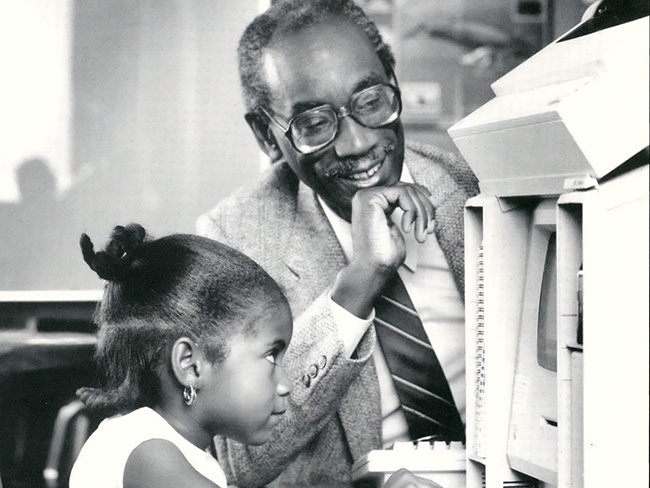
March 6, 2024
Former employee honored for supporting South LA families
Bill Coggins, who founded the Kaiser Permanente Watts Counseling and Learning …
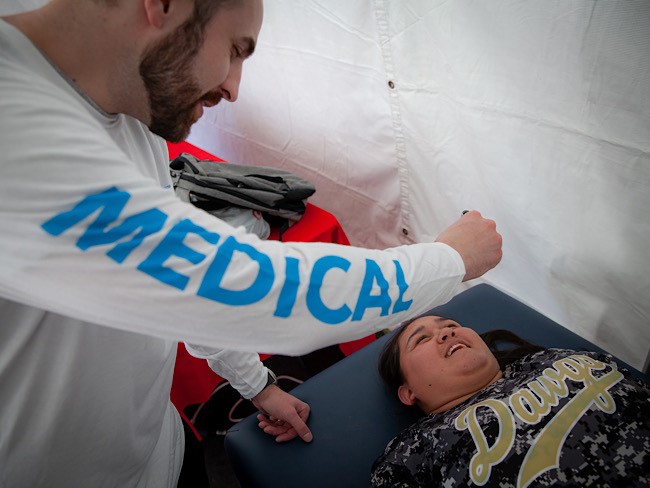
March 4, 2024
Taking care of Special Olympics athletes
Kaiser Permanente physicians and medical students provide medical exams …

February 2, 2024
Expanding medical, social, and educational services in Watts
Kaiser Permanente opens medical offices and a new home for the Watts Counselin …

January 10, 2024
‘You don’t know unless you ask them’
Kaiser Permanente’s Patient Advisory Councils help us create exceptional …

December 20, 2023
Championing inclusivity at the Fall Games
Kaiser Permanente celebrates inclusion at Special Olympics Southern California …

December 7, 2023
Safe, secure housing is a must for health
We offer housing-related legal help to prevent evictions and remove barriers …
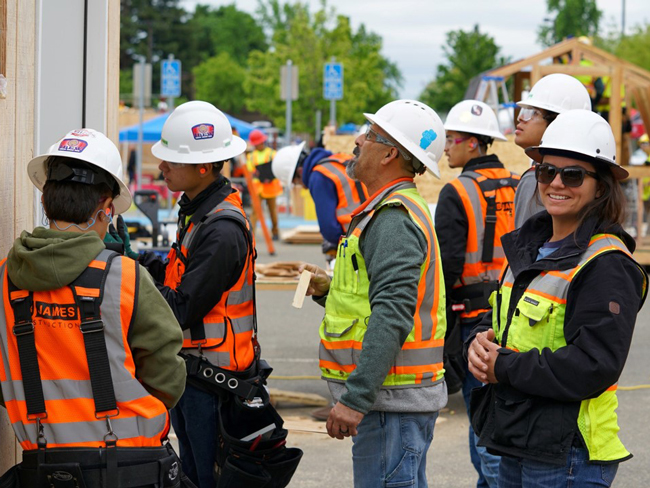
December 6, 2023
Solid foundation: How construction careers support health
Steady employment can improve a person's health and well-being. Our new …

November 1, 2023
Meet our 2023 to 2024 public health fellows
To help develop talented, diverse community leaders, Kaiser Permanente …

October 11, 2023
Expanded gun violence prevention efforts
The next phase for the Kaiser Permanente Center for Gun Violence Research …

September 29, 2023
2022 in review: A focus on equity, quality, and community
Our annual report shows how our dedicated employees and physicians provided …

August 15, 2023
'Hot-spot' strategy gets more Californians vaccinated
A new location-based vaccine strategy by Kaiser Permanente was successful …

August 10, 2023
Highlighting our community health work in Southern California
The Kaiser Permanente Southern California 2022 Community Health Snapshot …
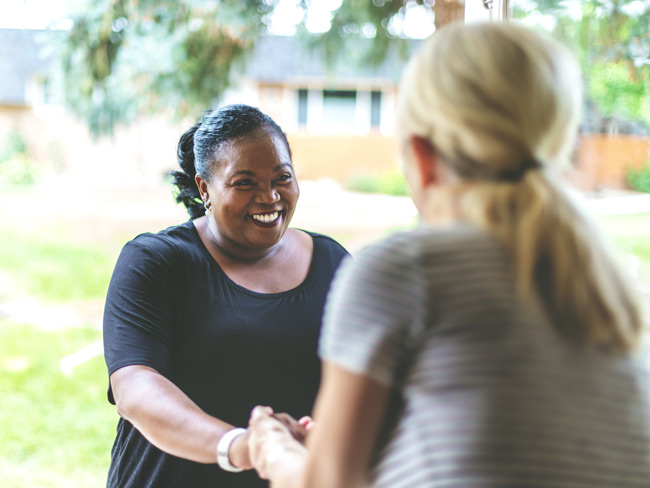
August 2, 2023
Social health resources are just a click or call away
The Kaiser Permanente Community Support Hub can help members find community …

June 30, 2023
Our response to Supreme Court ruling on LGBTQIA+ protections
Kaiser Permanente addresses the Supreme Court decision on LGBTQIA+ protections …

June 29, 2023
Our response to Supreme Court's ruling on affirmative action
Kaiser Permanente addresses the Supreme Court decision on affirmative action …

June 29, 2023
Special Olympics athletes go for the gold
Kaiser Permanente celebrated its sixth year as official health partner …

June 14, 2023
Honored for commitment to people with disabilities
The Achievable Foundation recognized Kaiser Permanente for its work to …

June 7, 2023
Engaging businesses for action on climate and health equity
New climate collaborative with BSR announced at joint Kaiser Permanente …
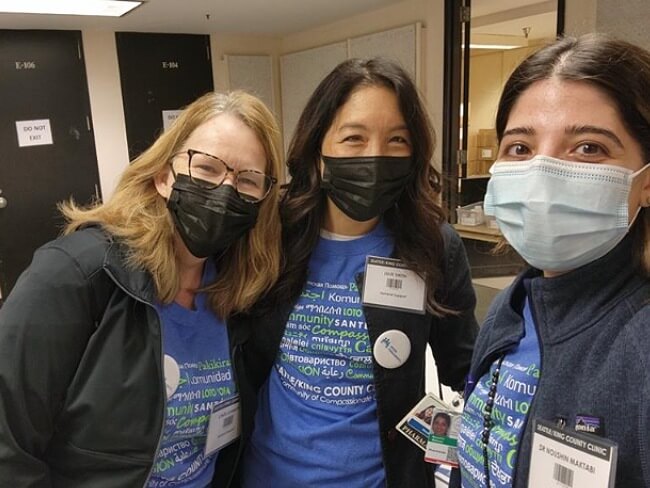
May 30, 2023
Volunteer-driven clinic offers free care in Washington
The annual Seattle King County Clinic brings health care to low-income …

May 22, 2023
Investing and partnering to build healthier communities
Kaiser Permanente supports Asian Americans Advancing Justice to promote …

May 10, 2023
A workplace for all
We value and respect employees and physicians of all backgrounds, identities, …
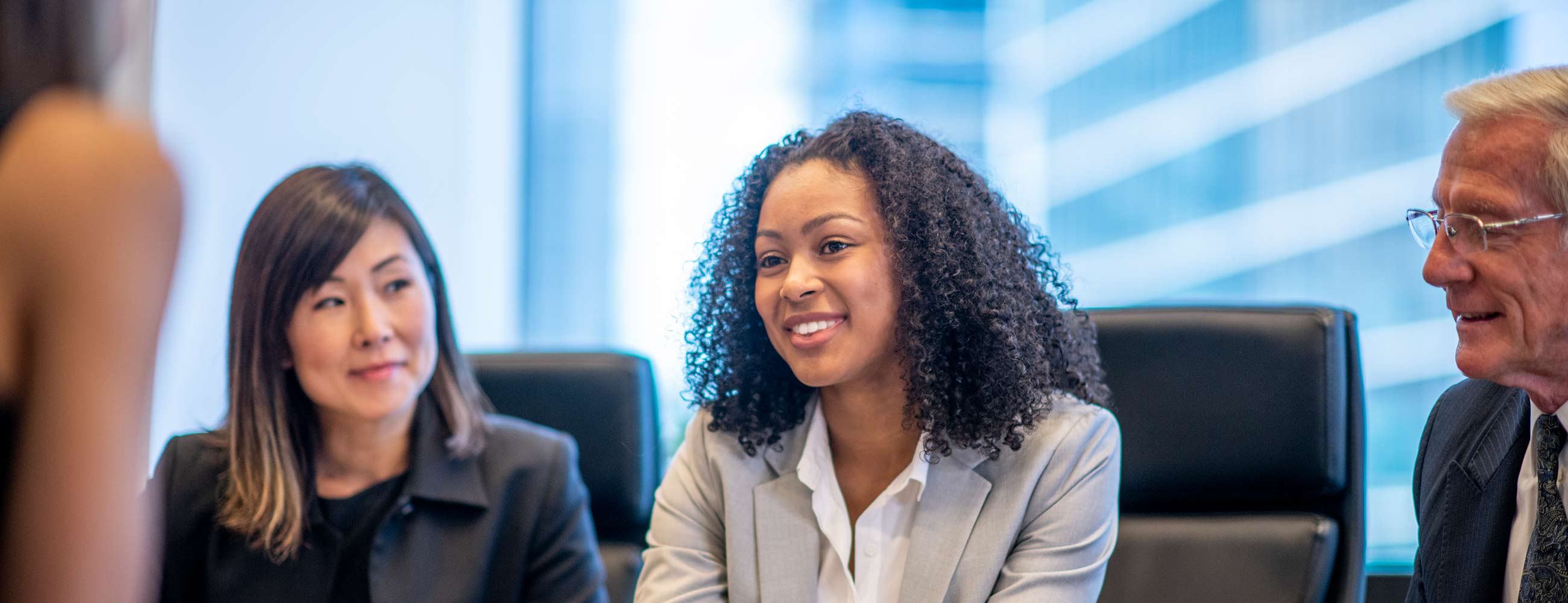
May 10, 2023
Equity, inclusion, and diversity
We strive for equity and inclusion for all.
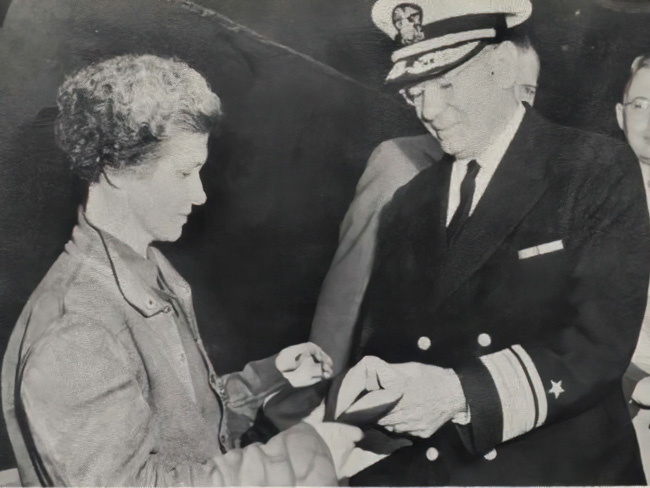
May 2, 2023
Women lead an industrial revolution at the Kaiser Shipyards
Early women workers at the Kaiser shipyards diversified home front World …
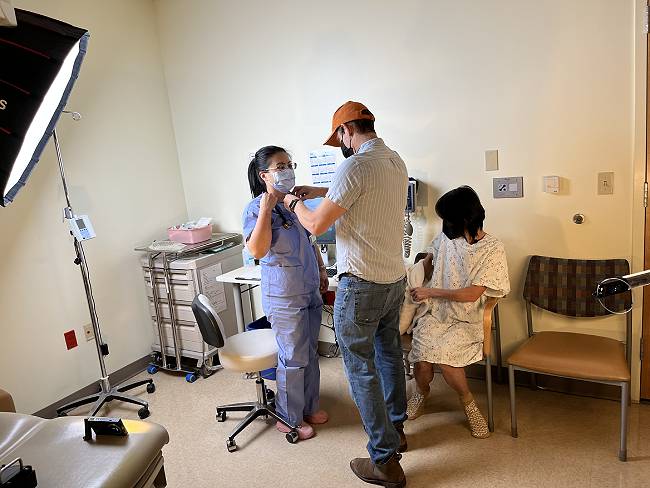
April 27, 2023
Inspiring students to pursue health care careers
Kaiser Permanente is confronting future health care staffing challenges …

April 25, 2023
Hannah Peters, MD, provides essential care to ‘Rosies’
When thousands of women industrial workers, often called “Rosies,” joined …

April 11, 2023
Collaboration is key to keeping people insured
With the COVID-19 public health emergency ending, states, community organizati …
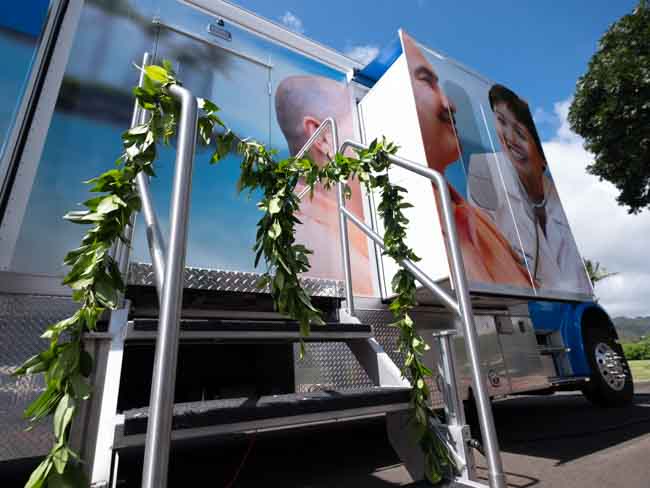
April 7, 2023
Increasing access to health care
Kaiser Permanente launches new mobile health vehicle on Oahu.

April 5, 2023
Housing help brings stability to patients’ lives
With medical-legal partnerships, we’re helping prevent evictions.
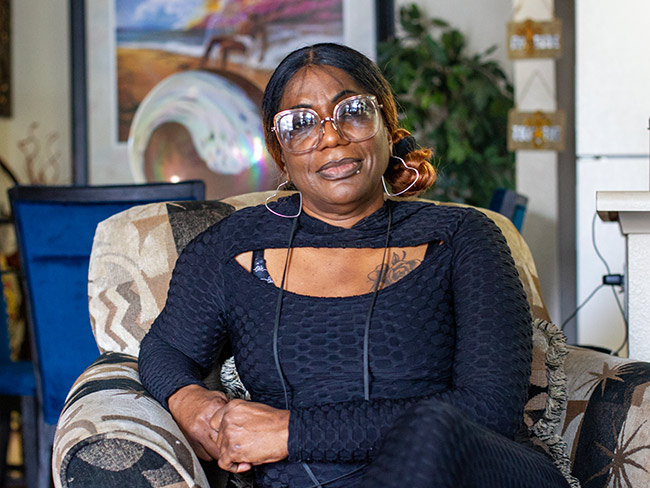
April 3, 2023
Hospital patients who are homeless connected to housing
A Kaiser Permanente program connects patients experiencing homelessness …

March 29, 2023
Supporting a safer future with public health
We’re partnering on 3 initiatives to strengthen public health in the United …
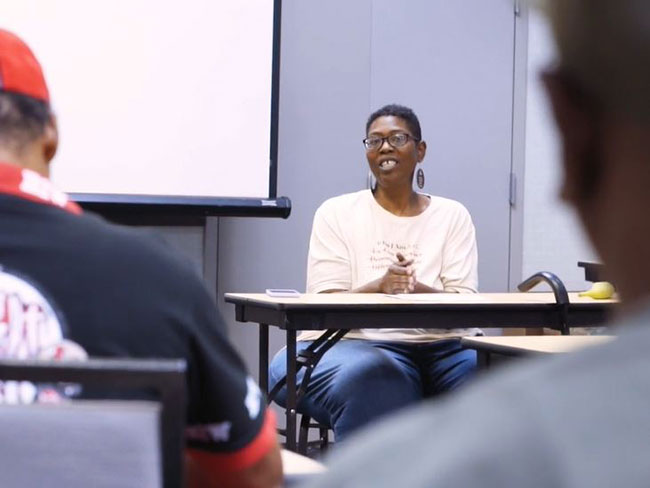
March 28, 2023
Sentenced to prison, not a life of bad health
Reentering society after serving time can land people in unhealthy situations. …

March 14, 2023
Named among World’s Most Ethical Companies for 5th time
Organizations that receive this recognition improve communities, build …

March 13, 2023
Making waves with our first female sports ambassador
Kaiser Permanente in Southern California partners with San Diego Wave Fútbol …
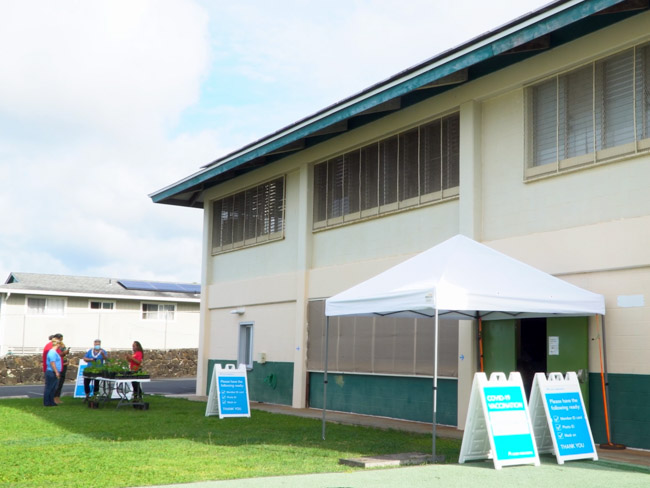
March 2, 2023
Improving the health of the community
Kaiser Permanente awards $80,000 in grants for health policy and community …

February 28, 2023
A conversation about pregnancy and women’s heart health
New research shows blood pressure patterns early in pregnancy can identify …
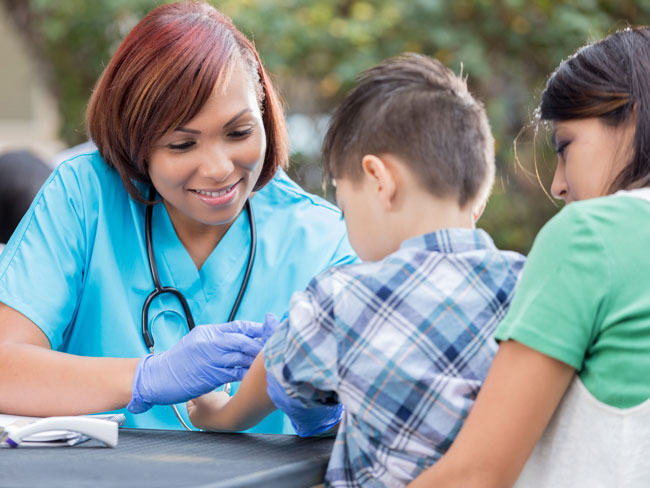
February 17, 2023
Good health starts in our communities: 2022 by the numbers
Kaiser Permanente supports total health in our communities in partnership …
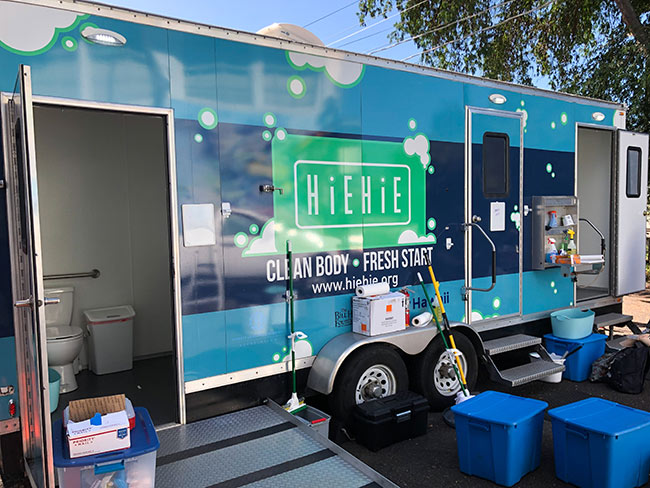
February 3, 2023
Addressing health and housing insecurity
Kaiser Permanente supports 3 Hawaii-based nonprofits.

February 2, 2023
Addressing social isolation in the Northwest
Kaiser Permanente invests $3.3 million to build healthy social connections …
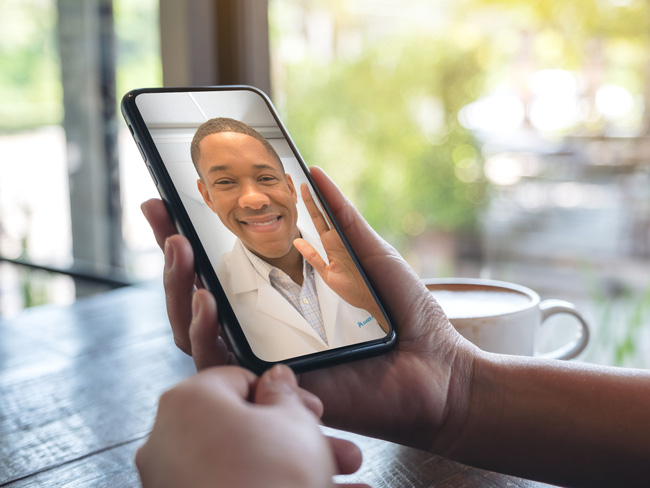
January 17, 2023
Lawmakers must act to boost telehealth and digital equity
Making key pandemic-era telehealth policies permanent and ensuring more …
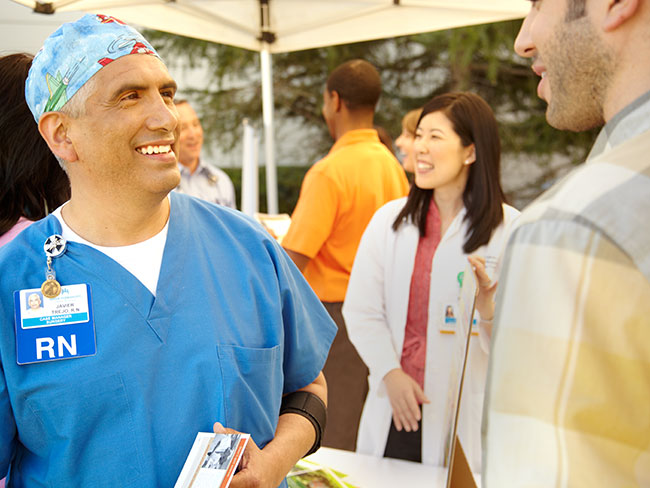
November 16, 2022
Passport to preventive care
Special event helps Latino community ensure their flu vaccinations and …

November 14, 2022
It’s time to rethink health care quality measurement
To meaningfully improve health equity, we must shift our focus to outcomes …
November 11, 2022
Early leaders in equity and inclusion
Explore Kaiser Permanente’s commitment to equitable, culturally responsive …
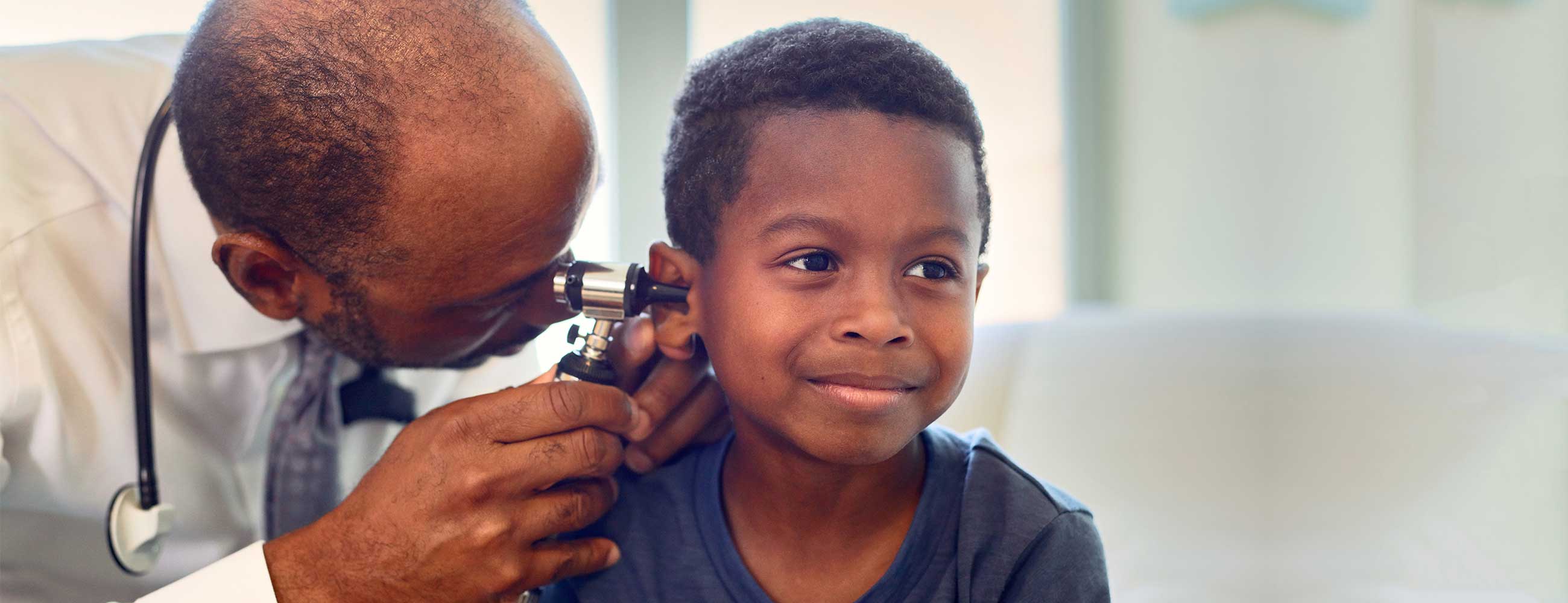
November 11, 2022
High-quality, equitable care
We believe everyone has a right to good health.
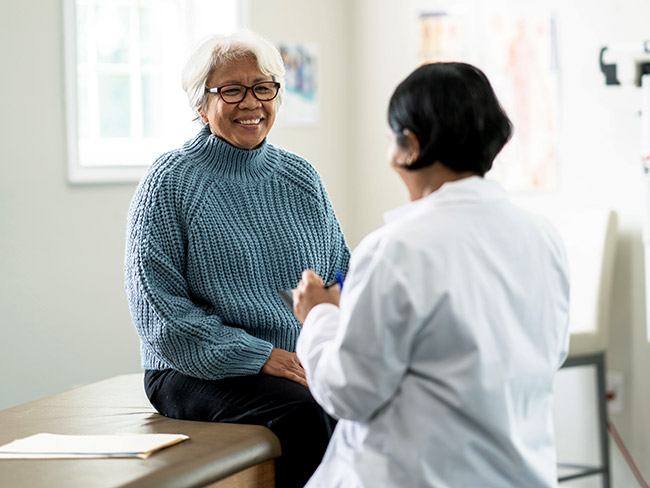
November 8, 2022
Protecting access to medical care for legal immigrants
A statement of support from Kaiser Permanente chair and CEO Greg A. Adams …

September 29, 2022
Partnerships create pathways and launch dreams for youth
Collaboration offers ambitious young people an introduction to a health …

September 16, 2022
Voter participation advances equity
National Voter Registration Day aims to register eligible voters and ensure …
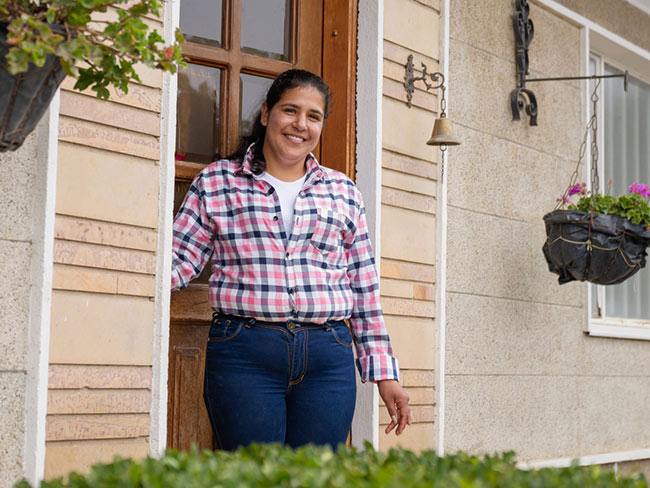
September 14, 2022
Rent reporting can help millions build credit and thrive
A good credit score can make it easier to buy a home, pay for school, or …

September 9, 2022
Minority youth mental health may not be elementary
Support, talk about, and advocate for kids’ mental health. Otherwise, greater …

August 17, 2022
2021 annual report sheds light on another challenging year
We reflect on 3 major COVID-19 surges, urgent vaccination efforts, and …
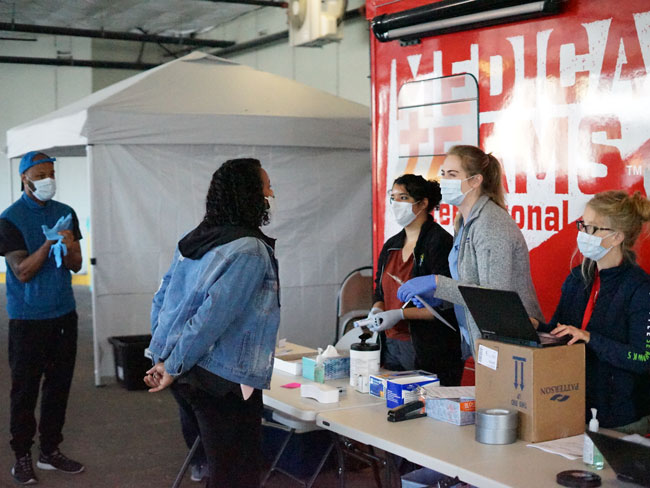
August 8, 2022
Kaiser Permanente and Medical Teams launch mobile services
Mobile dental and medical clinics are now available for uninsured individuals …
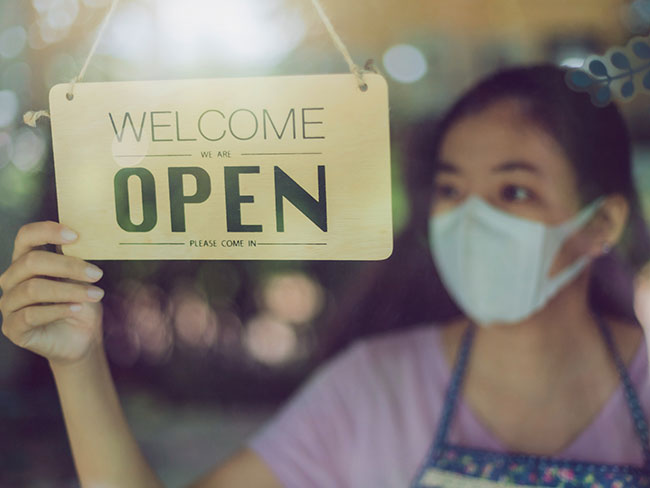
May 27, 2022
Grants help AAPI communities and businesses
Kaiser Permanente is working with community organizations and businesses …

May 18, 2022
Lifestyle coaching lowers blood pressure in Black adults
Kaiser Permanente study finds culturally tailored program leads to long-term …
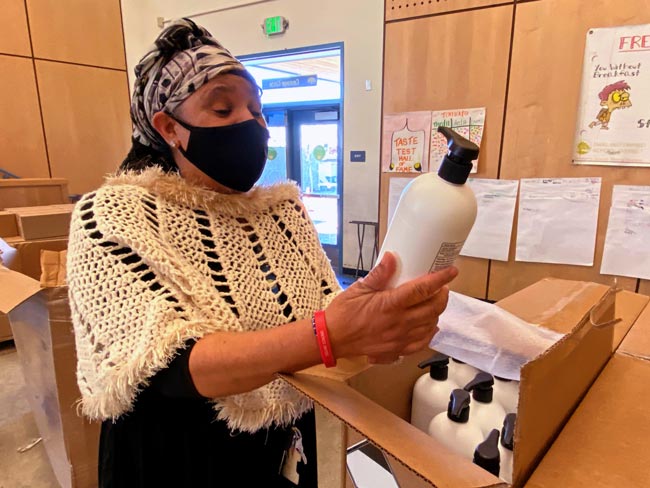
May 4, 2022
Donated supplies keep community organizations pandemic-ready
We donated over $28 million worth of face masks, hand sanitizer, and other …

April 26, 2022
Employee-owned businesses foster healthier local economies
When employees share in the wealth of their company, the community benefits. …
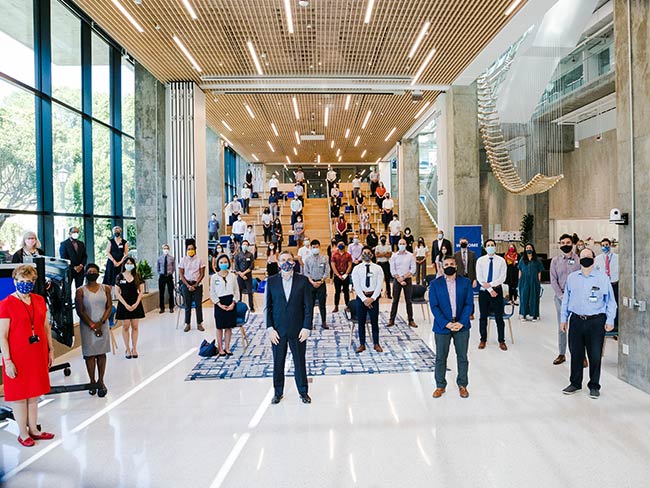
April 19, 2022
Medical school ranks among nation’s most diverse
The ranking reflects the Kaiser Permanente Bernard J. Tyson School of Medicine …

April 4, 2022
Celebrating 5 years as Special Olympics' official health partner
We are set to join Special Olympics Southern California athletes as they …

March 22, 2022
Our commitment to equity and our LGBTQIA+ communities
A statement from chair and chief executive officer Greg A. Adams.
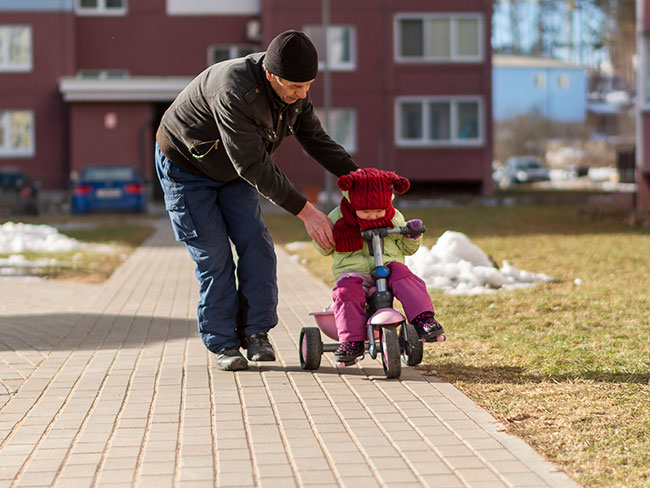
February 28, 2022
Private investments in housing are critical — and not enough
Public policy changes and private investments together are needed to end …
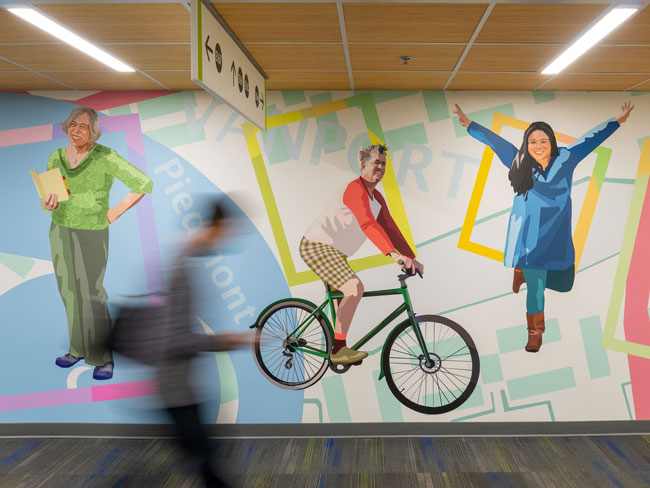
February 24, 2022
Mural celebrates North Portland community
Art installation at Kaiser Permanente Interstate Medical Center reflects …

February 21, 2022
A best place to work for LGBTQ+ equality
Human Rights Campaign Foundation gives Kaiser Permanente another perfect …

December 7, 2021
Can the badly broken prescription drug market be fixed?
High drug prices are a key reason health care is unaffordable for millions …
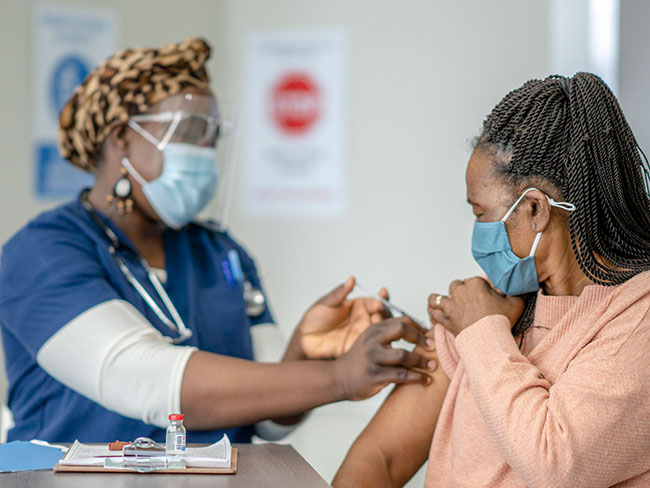
December 6, 2021
Faith leaders use trusted voices to encourage vaccination
Grants expand support for faith-based organizations working to protect …
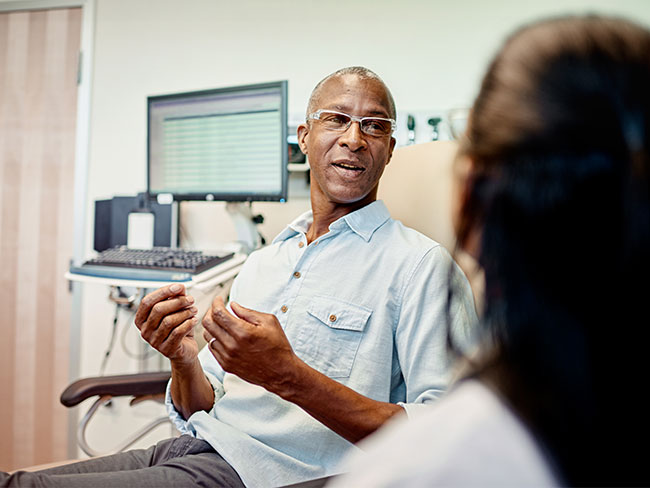
September 23, 2021
Alternative to using race in kidney function test found
Kaiser Permanente study supports eventual use of new way to estimate kidney …
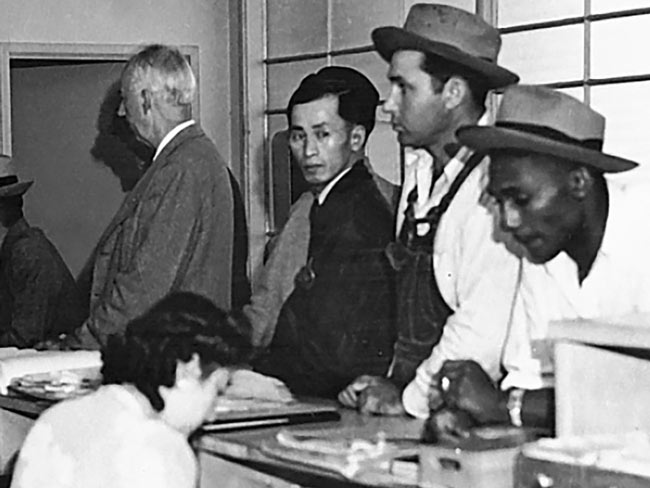
August 25, 2021
Kaiser Permanente’s history of nondiscrimination
Our principles of diversity and our inclusive care began during World War …

August 19, 2021
Supporting small businesses owned by people of color
Kaiser Permanente’s partnership with Local Initiatives Support Corporation, …
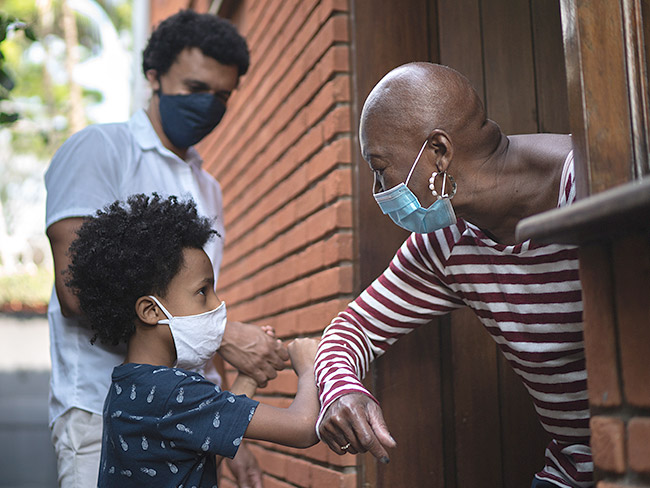
July 7, 2021
Achieving health equity
Equal medical care is not enough to end disparities in health outcomes.
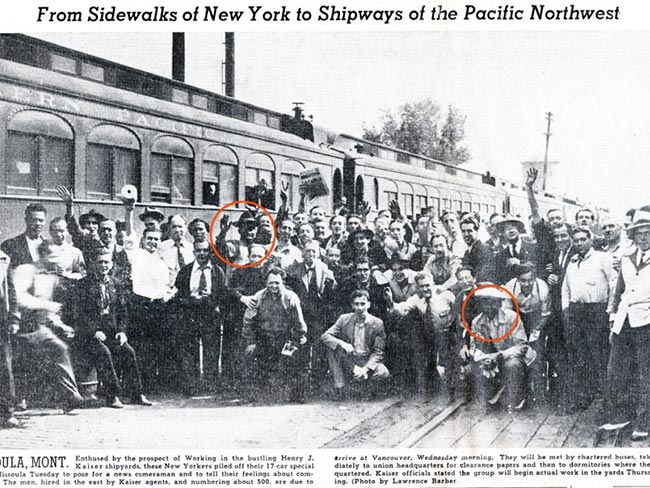
June 2, 2021
Path to employment: Black workers in Kaiser shipyards
Kaiser Permanente, Henry J. Kaiser’s sole remaining institutional legacy, …

May 24, 2021
Supporting access to telehealth for vulnerable populations
Kaiser Permanente grants help fund community organizations working to expand …

April 30, 2021
Our support for banning menthol cigarettes, flavored cigars
Kaiser Permanente applauds the Food and Drug Administration’s commitment …
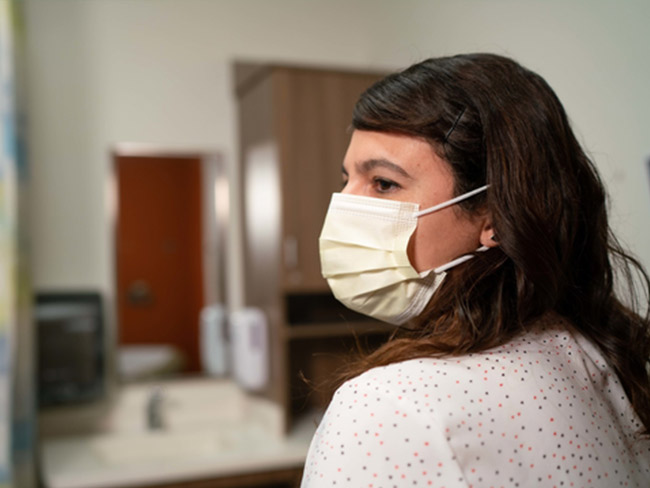
April 28, 2021
COVID-19 outcomes are more severe for people of color
Kaiser Permanente research underscores the importance of culturally appropriat …
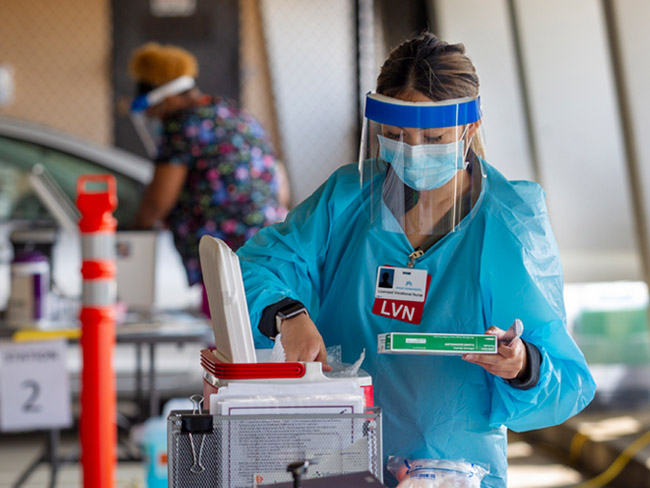
March 23, 2021
Vaccine Equity Toolkit will help address equitable access
As vaccines bring hope to end the pandemic, Kaiser Permanente’s toolkit …
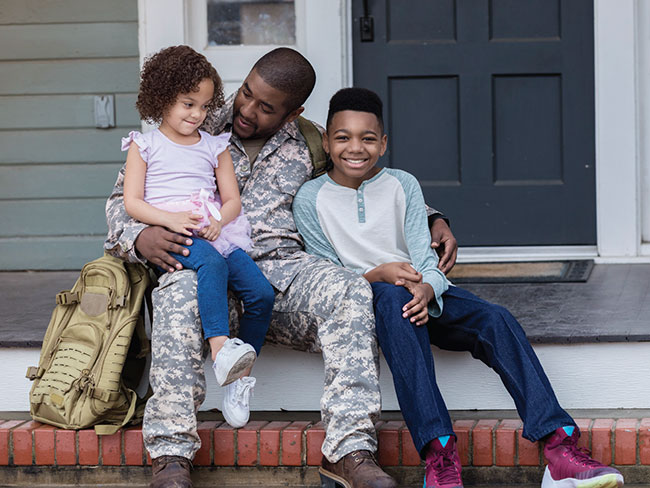
November 5, 2020
Thriving as a military veteran at Kaiser Permanente
The organization’s Military Officer Transition Program helped Jennifer …
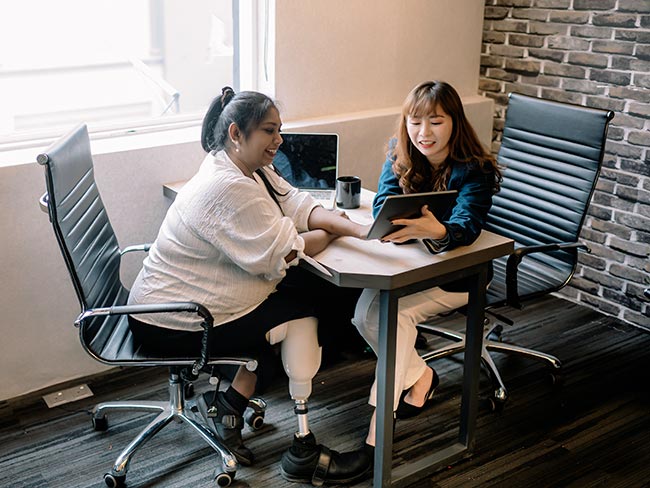
October 19, 2020
Honored for hiring and supporting people with disabilities
The National Organization on Disability again recognizes Kaiser Permanente …

October 7, 2020
Advancing health equity in education and the workplace
Kaiser Permanente supports California measure allowing universities and …
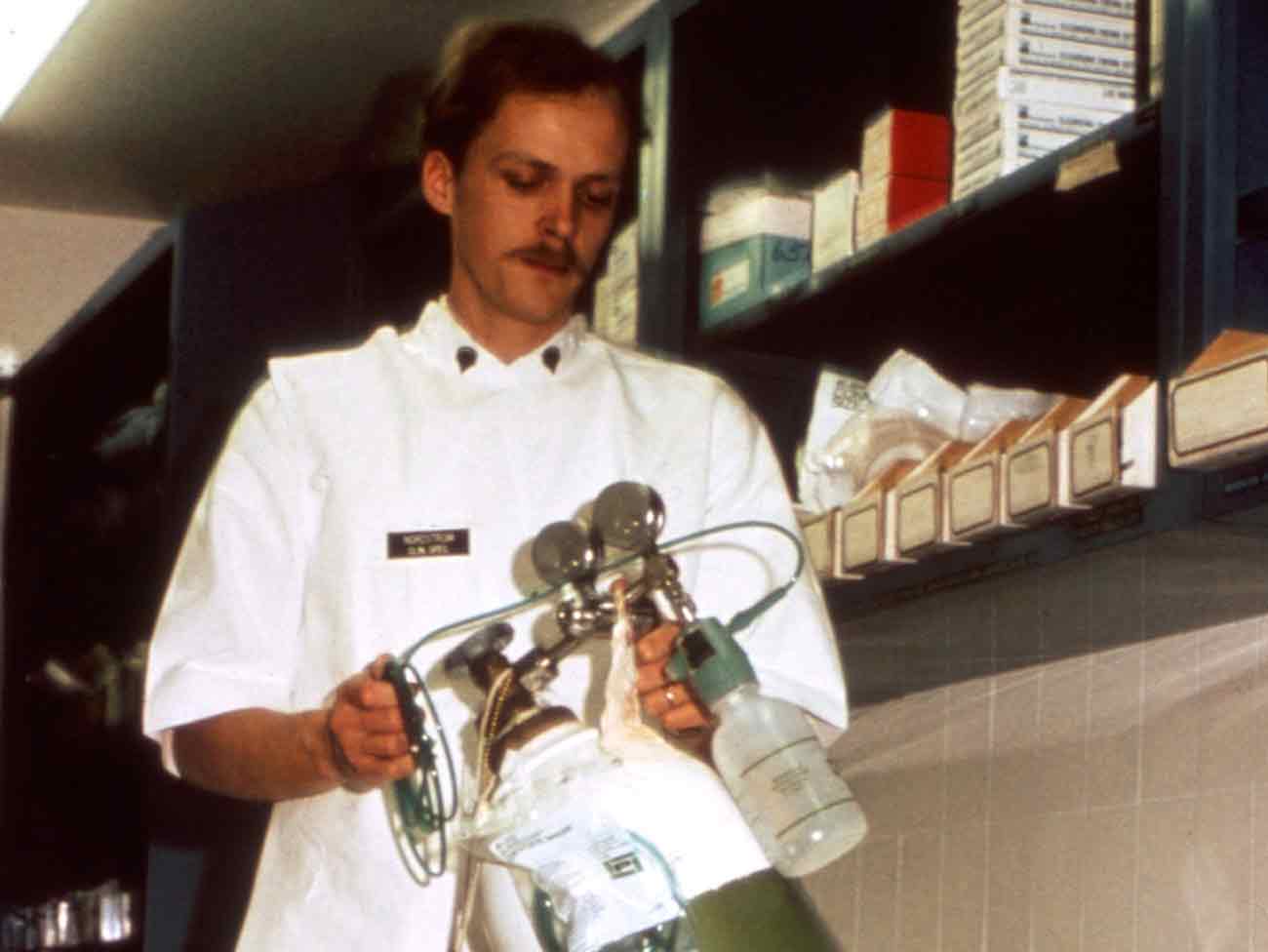
November 8, 2019
Swords into stethoscopes — veterans in health professions
Kaiser Permanente has actively hired veterans in all capacities since World …
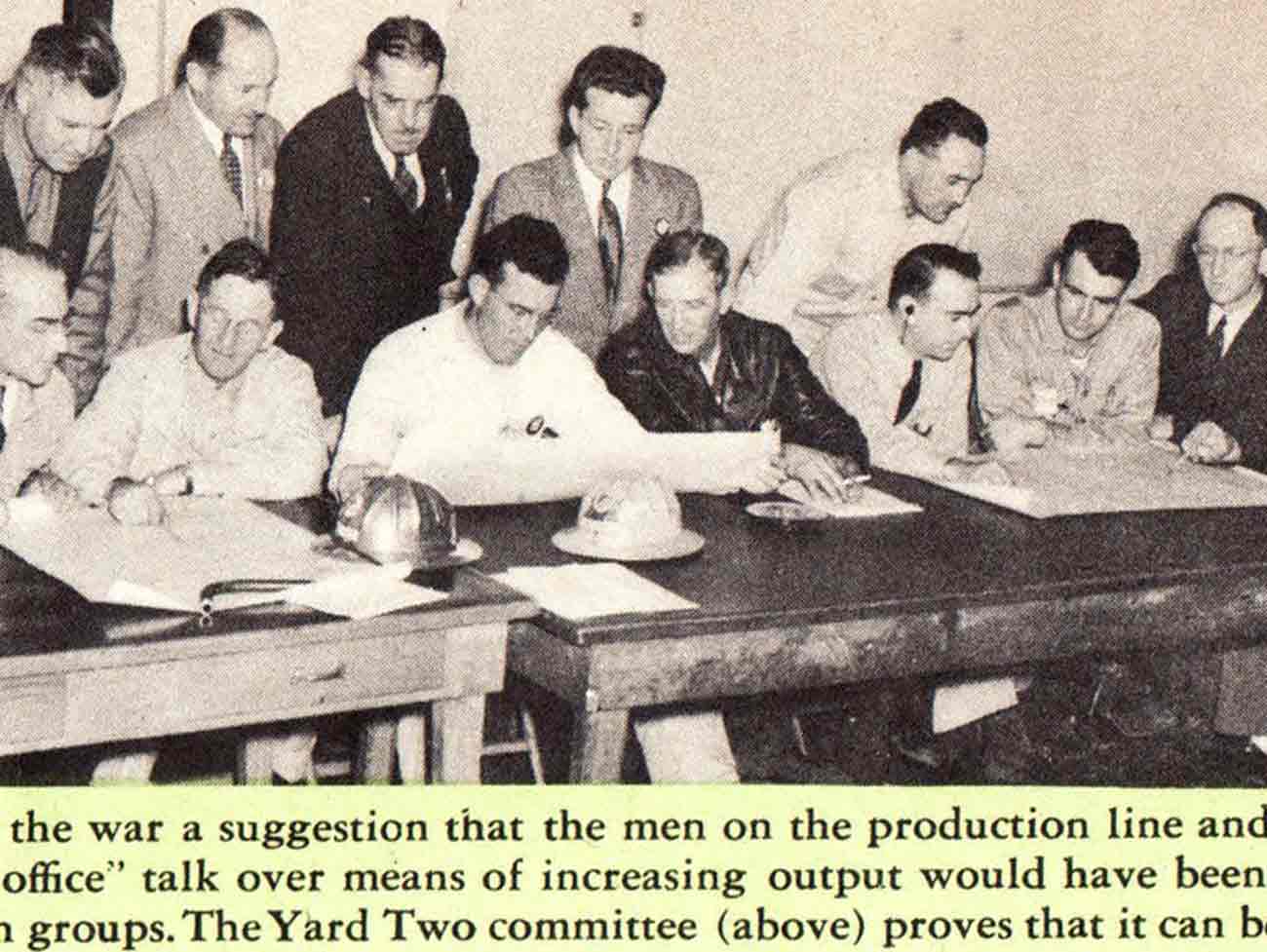
August 28, 2019
When labor and management work side by side
From war-era labor-management committees to today’s unit-based teams, cooperat …
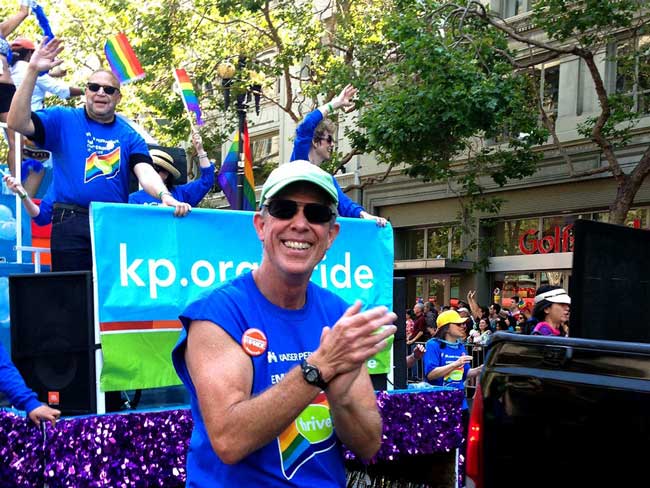
June 5, 2019
Breaking LGBT barriers for Kaiser Permanente employees
“We managed to ultimately break through that barrier.” — Kaiser Permanente …

March 29, 2019
Equal pay for equal work
Kaiser shipyards in Oregon hired the first 2 female welders at equal pay …

March 8, 2018
Slacks, not slackers — women’s role in winning World War II
Women who worked in the Kaiser shipyards helped lay the groundwork for …
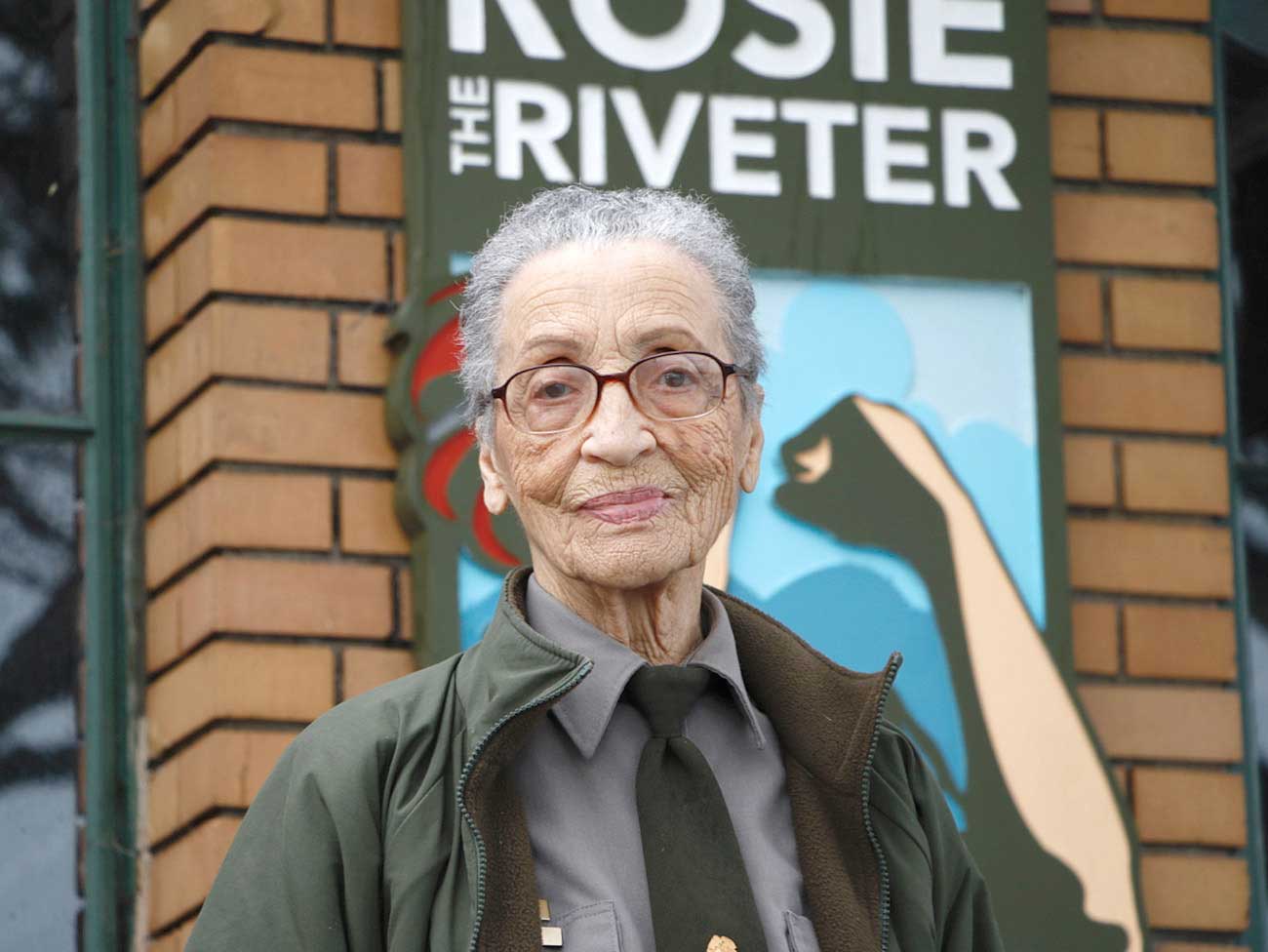
February 22, 2018
The amazing true story of Park Ranger Betty Reid Soskin
She is the oldest national park ranger in the country with a legacy of …
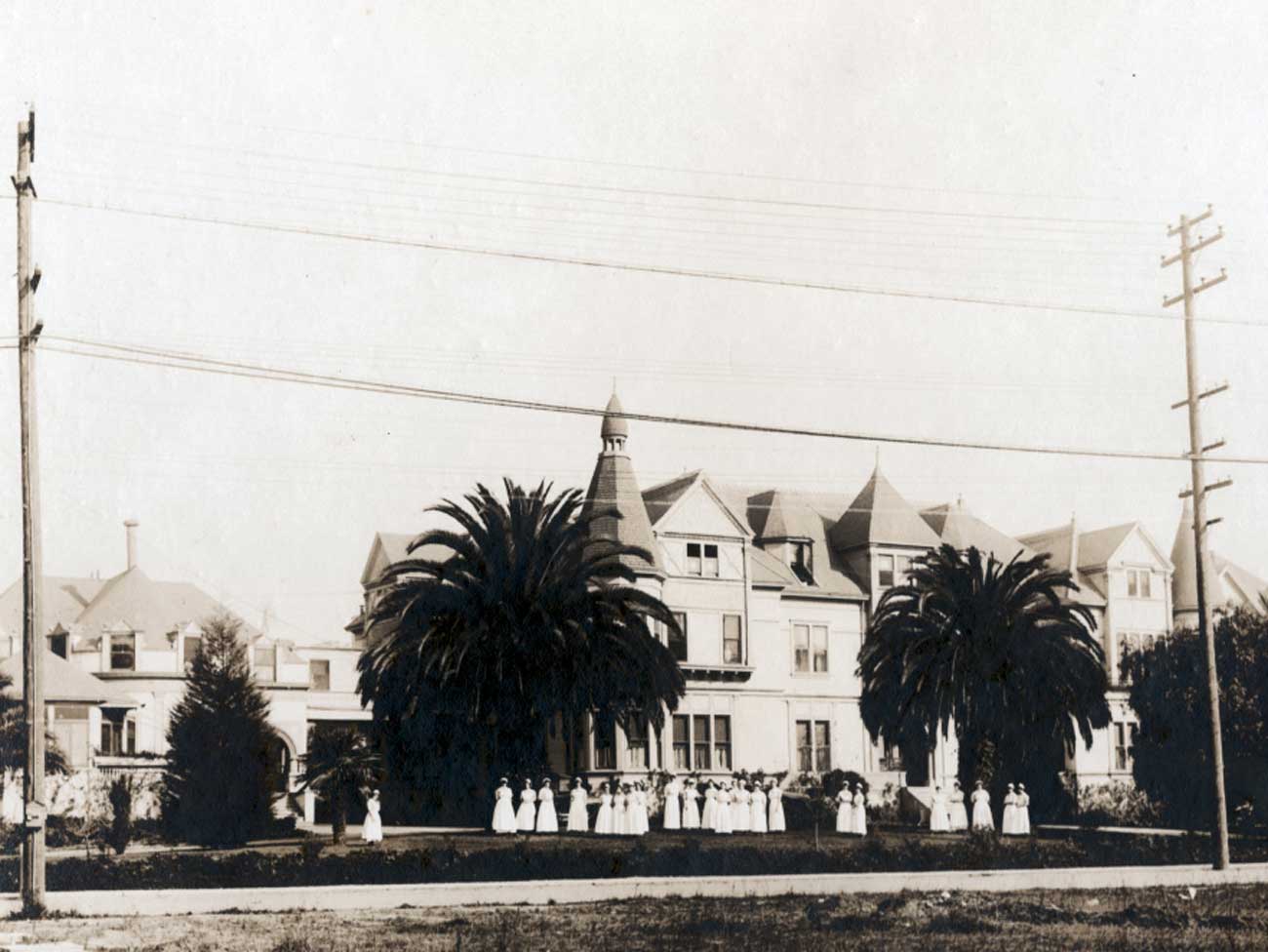
October 12, 2017
An experiment named Fabiola
Health care takes root in Oakland, California.

August 10, 2017
‘Good medicine brought within reach of all'
Paul de Kruif, microbiologist and writer, provides early accounts of Kaiser …
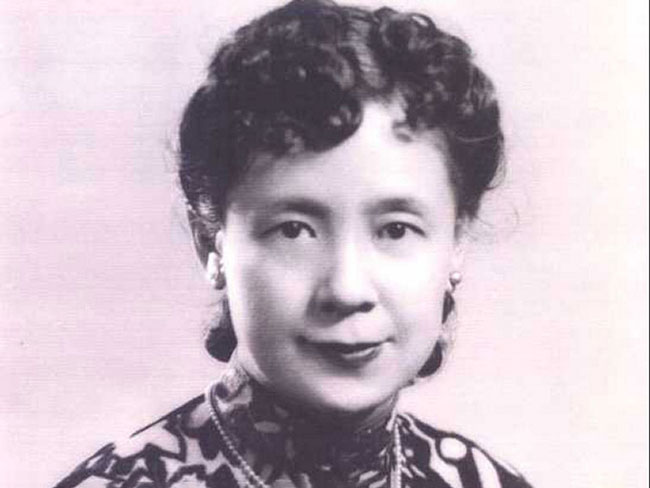
March 7, 2017
Beatrice Lei, MD: From Shantou, China, to Richmond, California
She served as a role model and inspiration to the women physicians and …
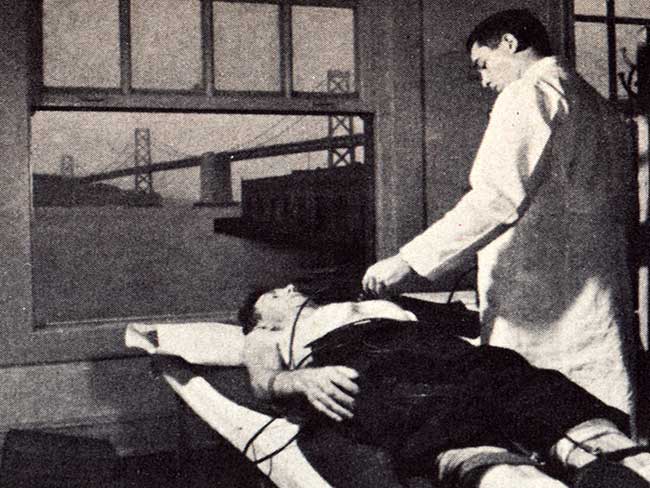
March 1, 2017
Screening for better health: Medical care as a right
When industrial workers joined the health plan, an integrated battery of …
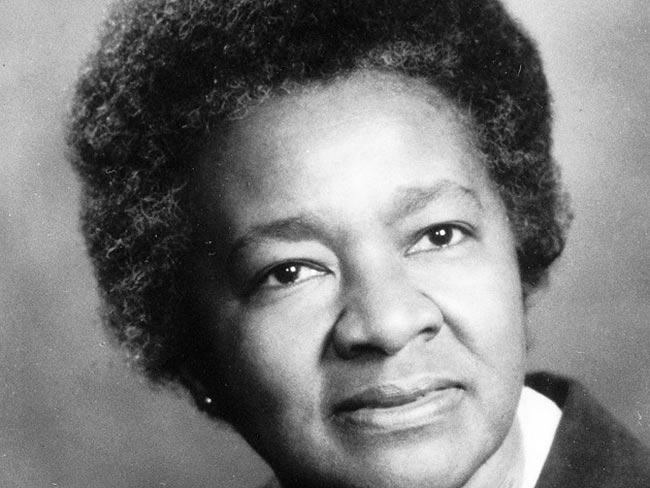
February 3, 2017
Ellamae Simmons — trailblazing African American physician
Ellamae Simmons, MD, worked at Kaiser Permanente for 25 years, and to this …

May 5, 2016
Male nursing pioneers
Groundbreaking male students diversify the Kaiser Foundation School of …
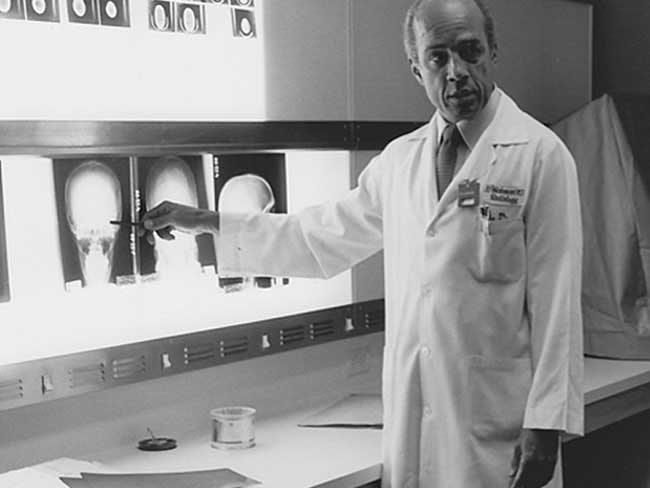
April 27, 2015
Eugene Hickman, MD — Pioneering Black physician
Dr. Hickman had a long career at Kaiser Permanente, becoming president …
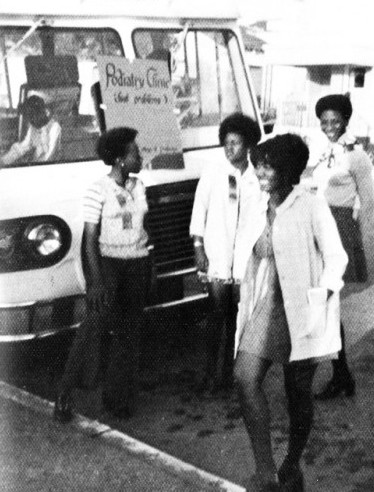
May 5, 2014
Black nurses get together to forge their own future
California African American nurses organize in early 1970s to address health …
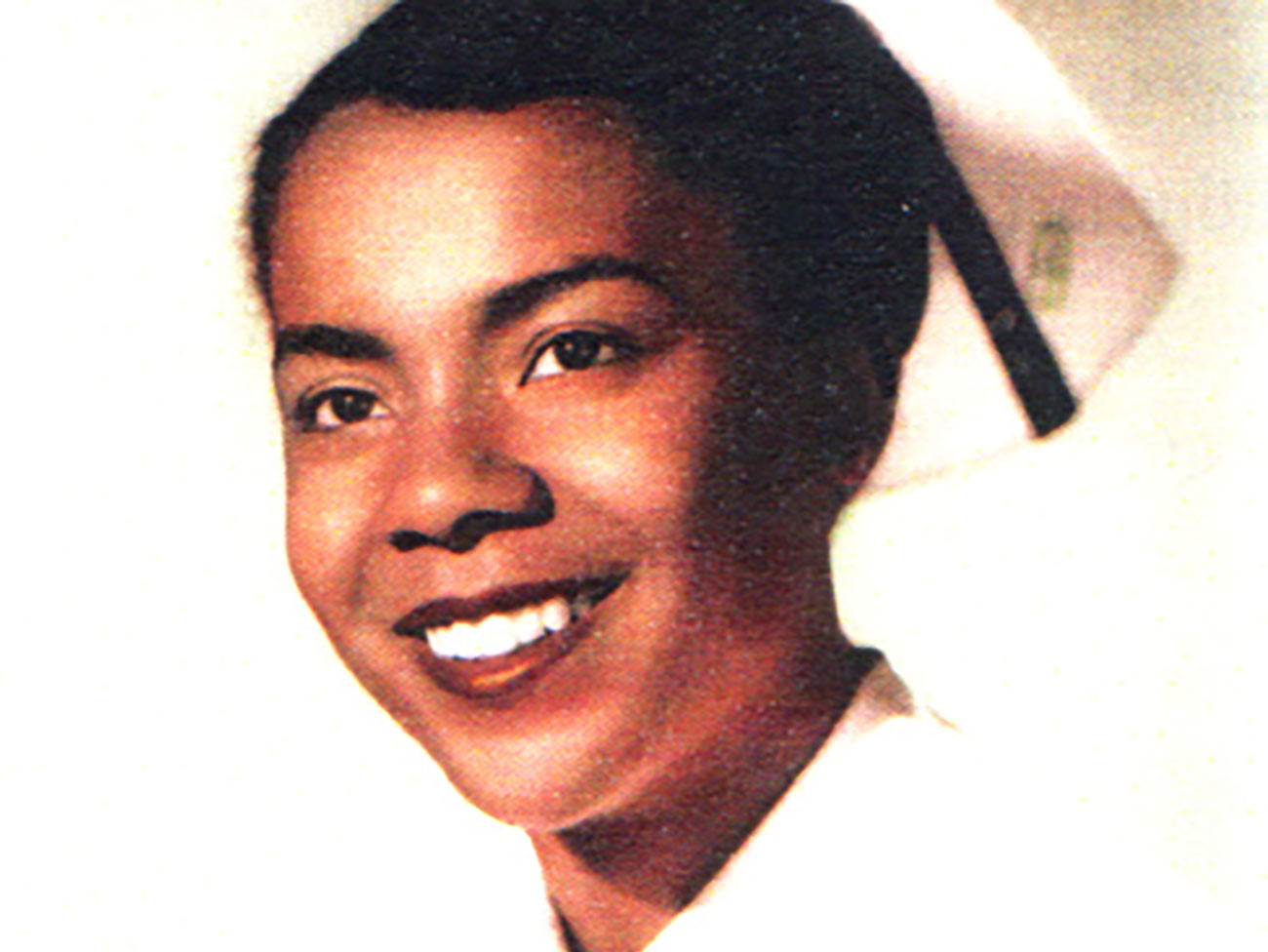
May 1, 2014
Beloved nurse earned place in Kaiser Permanente history
Jessie Cunningham, the first Black nursing supervisor at Oakland Medical …
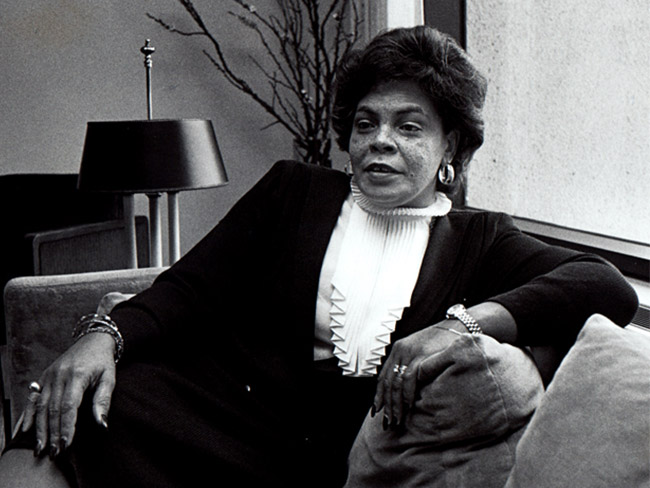
February 18, 2014
Alva Wheatley: Champion of Kaiser Permanente diversity
Third in a series marking Black History Month.
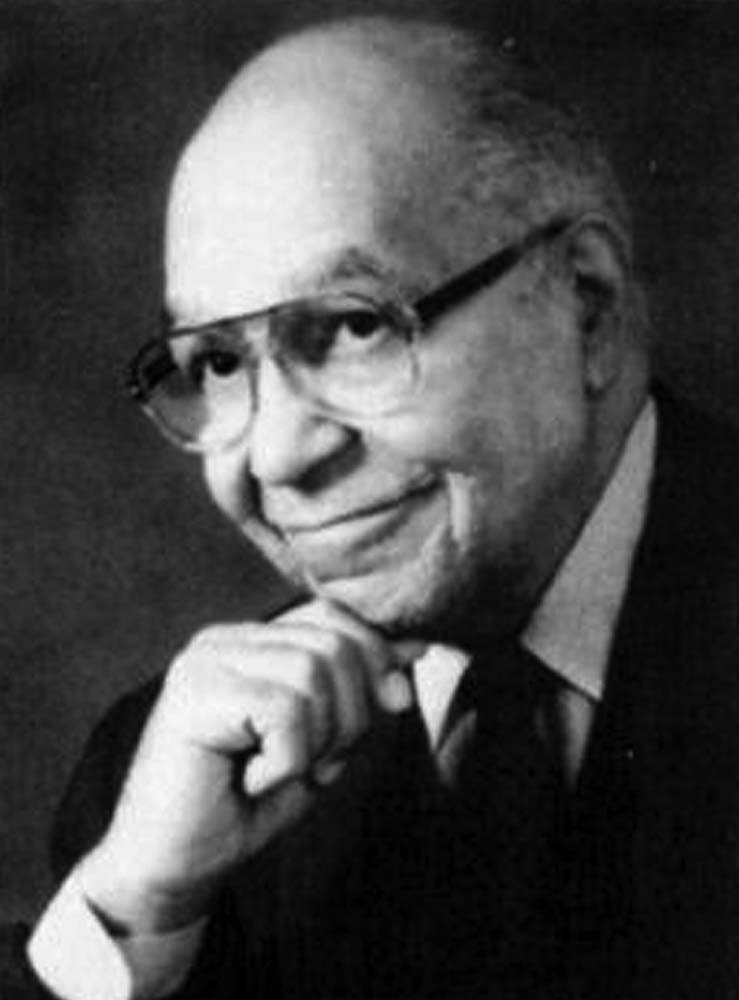
January 31, 2014
Raleigh Bledsoe, MD: First Black radiologist west of Rockies
Dr. Bledsoe became the first Black physician for Southern California Permanent …

August 2, 2013
Image of Rosie broadens to embrace African American women
Black women find new opportunities to elevate work status on the World …
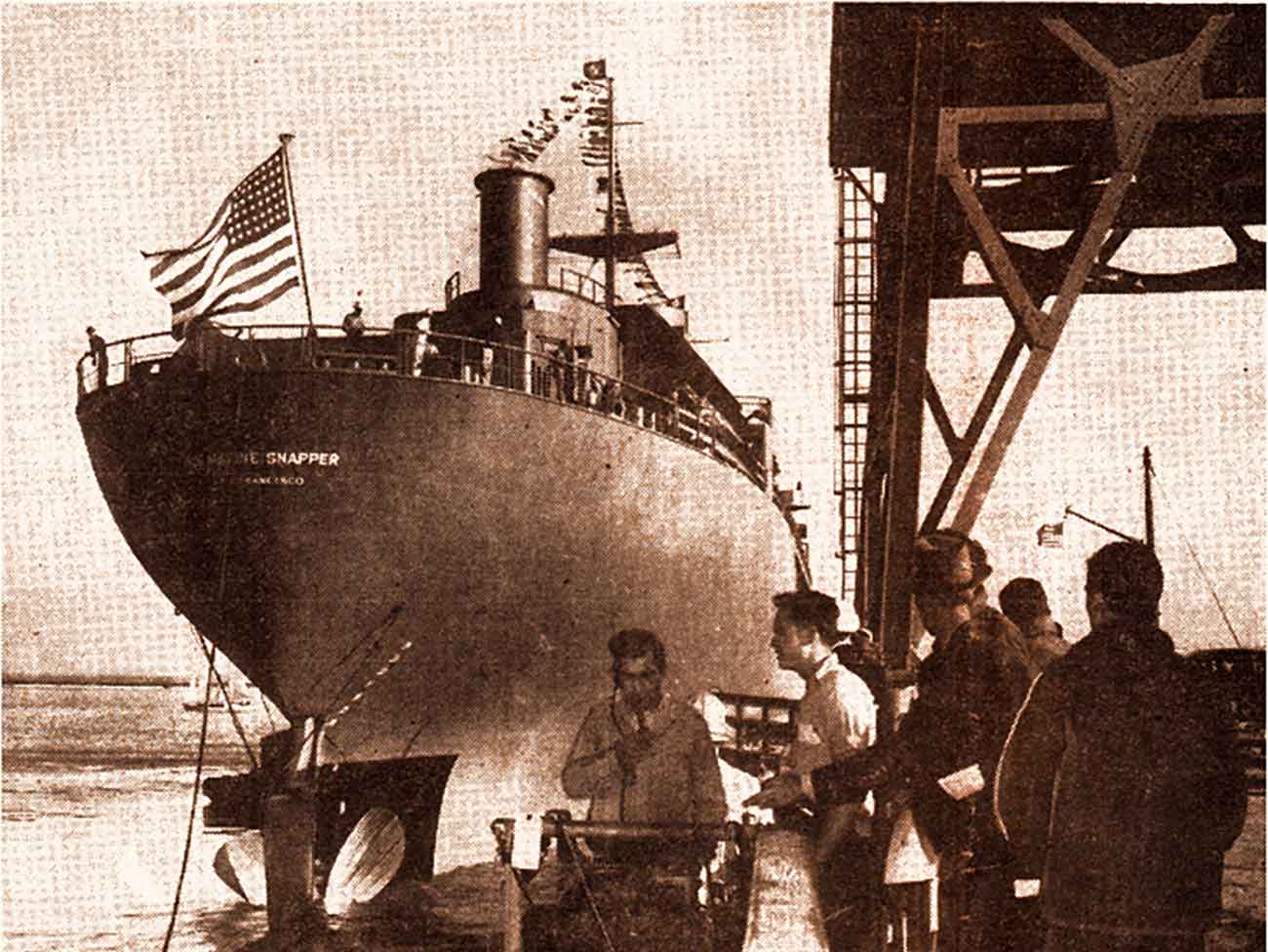
July 15, 2013
Labor unions offer early support for nascent Permanente Health Plan
After World War II, the experience of the Kaiser Permanente Health Plan …

December 1, 2011
Kaiser Permanente’s early struggle to stand up to AIDS
New challenges provided collaborative opportunities for Kaiser Permanente …
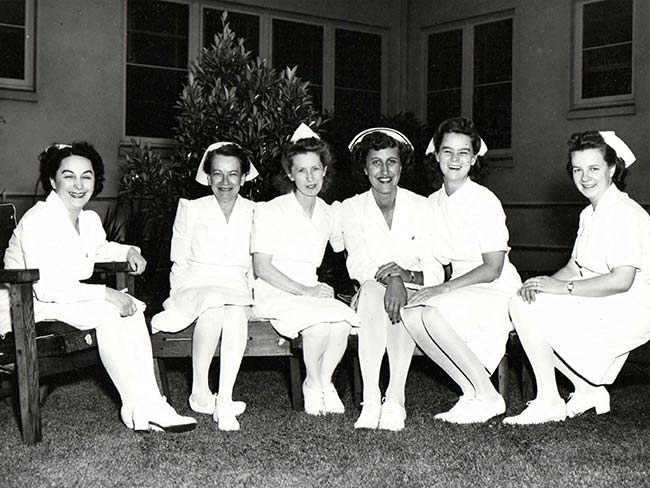
April 30, 2011
Nurses begin quest for professional recognition after World War II
Co-founder Dr. Sidney Garfield makes history by signing the first nurse …